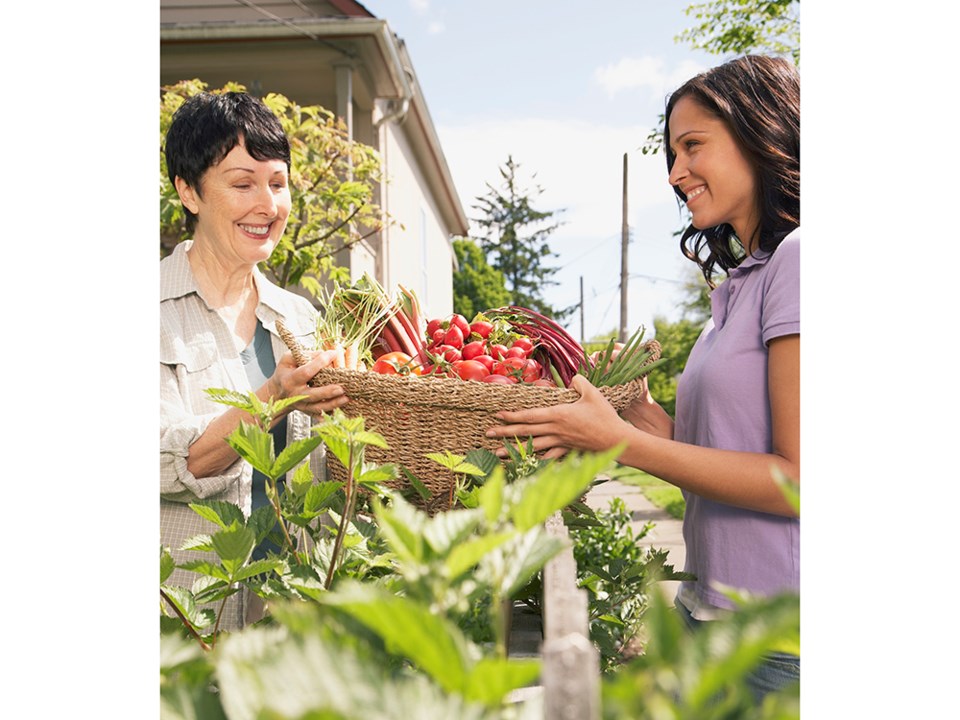We need each other. This is a hard truth to debate, but sometimes also a hard truth to live.
We know we are social creatures by nature, but we may shy away from connection for a number of reasons. Whether it’s our introversion, time constraints or health considerations, we can all find ourselves operating in relative isolation amidst a hive of community, perhaps now more than ever.
Where we lack connection, we tend to lean toward over-consumption. Living alone, we may end up populating our solitary islands with one of everything. From breadmakers to lawn mowers to sailboats, many items we use infrequently could potentially be shared.
Some of us tap into community resources for sharing at places such as libraries, free stores, rental agencies and even office sharing hubs. These buoy up our connection to the community and also reduce the pressure of being completely self-sufficient.
Lending and borrowing among friends and family is another people-centred way to reduce our planetary impact. No matter the size of our household, we can still participate in sharing belongings.
Keeping the opportunity for these types of exchanges going takes skills, however. Even with family, we benefit from returning things in as good or better condition as when borrowed.
Offering something in return, especially something that meets an expressed need, is an incredible way to keep the current of sharing looping. The next time you are thinking of purchasing something you’re unlikely to use much, consider asking to borrow it from your community. Watch the network of resiliency weave itself into your life’s tapestry.
Neighbours are a valuable and certainly convenient resource. Beyond the niceties of our hellos and comments on the weather, might we begin to forge stronger ties through exchange?
It starts with a butternut squash from the garden, or checking in on someone’s cats, and can build into borrowing a wrench or canoe. By making natural connections, we create a kind of social equity that is particularly resilient during unexpected events of all kinds. Many would say the past 20 months have brought a lot of just that into our lives.
As a community, we are already experiencing common “ownership” of things we use every day. Roads, library books, grocery carts and park benches are just a few examples of how naturally such a concept is embedded in our way of life. What would it take to expand our sharing into other aspects of our lives?
Is homeschooling, food preservation equipment, a basement suite, a car or a family cabin something we might consider opening to use beyond our own? There are already co-ops and online hubs facilitating this which also bring shared costs of maintenance and insurance into the accounting. Case in point: tool lending libraries, car-sharing companies and home exchange agencies.
We all know we are consuming far more than the planet can continue to supply. Much of what we buy relies on oil for its extraction, creation, transportation and disposal stages of life. As oil resources rapidly deplete, so too must our appetite.
Learning to co-own, share, rent and buy used are incredible ways to lighten humanity’s impact on precious resources. We could find ourselves more abundant in resources than ever, and with fewer costs and burdens of ownership to bear.
Let’s Talk Trash is qathet Regional District’s waste-reduction education program. For more information, email [email protected] or go to LetsTalkTrash.ca.




